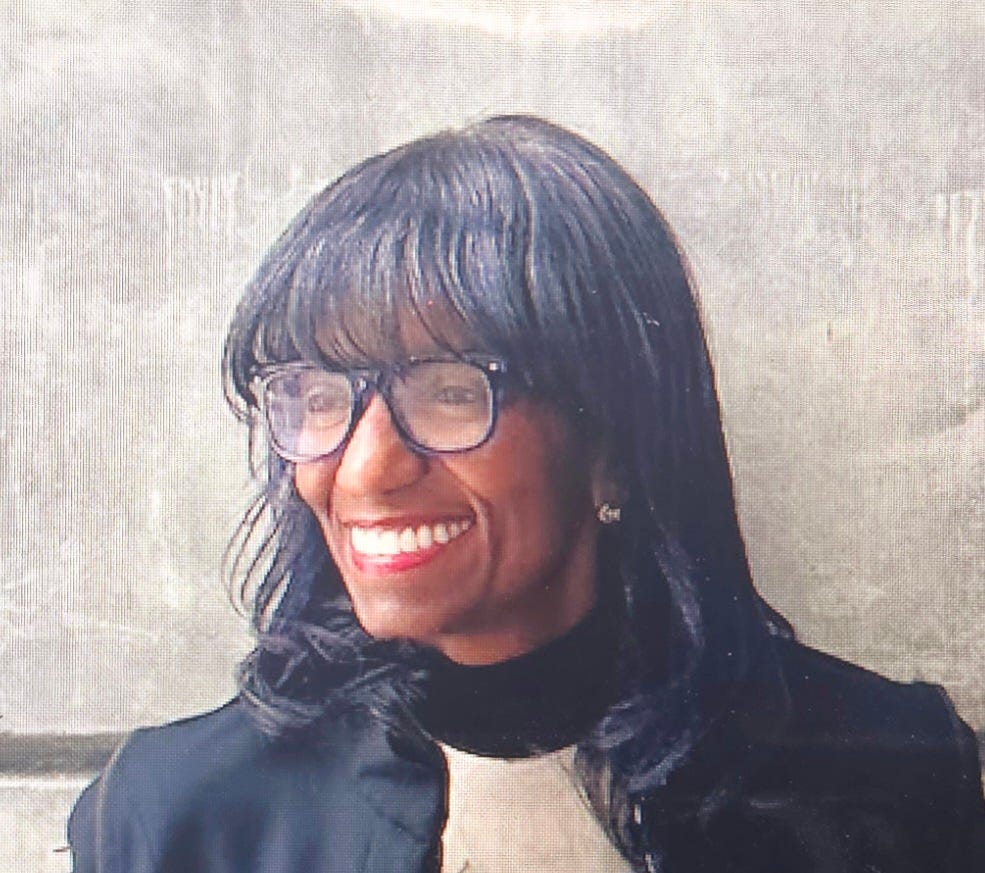Storytelling for the Next Generation: CEO Diana Williams on Bridging Creativity & Business
DIANA WILLIAMS is the CEO & Co-Founder of Kinetic Energy Entertainment, a media venture studio building businesses around the development, production and marketing of story-based IP.
How did you begin your career in entertainment?
I initially planned to become a financial analyst in the entertainment industry. I studied finance in school (well, I was actually a double-major, double-minor!), and I had to create my own course of study.
A key lesson that has guided me throughout my education and career is approaching challenges with curiosity.
It’s about anticipating what’s ahead and being proactive. As the saying goes, “Skate to where the puck is going, not where it’s been.”
What advice would you give to your younger self?
I’ve learned so much from my mistakes that I honestly wouldn’t change anything!
If I could give my younger self any advice, it would be to keep listening.
There’s a real power in just listening, and it can help you figure out who truly knows what they’re talking about.
However, there’s a balance to strike. You need to know when to listen and when to step in with your own voice. It’s important to trust your judgment in those moments.
What inspired you and your Co-founder, Dario Di Zanni, to start Kinetic Energy Entertainment, a media studio focused on story-based IP?
I’ve always thought there was a need for new models and mindsets in both the business and creative sides of entertainment.
It’s something we’re already seeing with the “creator economy.” Now that creators understand how to run their businesses, we’re leaning into a new era of entertainment.
Years ago, I looked at what was happening with the audience and story-based IP (as we define it): your Harry Potters, your Star Wars, etc.
I asked, “What story-based IP does Gen Z and Gen Alpha own? What is theirs, and what have they inherited?”
We realized that a lot of it was really old. Then we started to see this “old” IP losing out on TV ratings and box office.
With that gap in the marketplace, we see a growing need for new, story-based IP.
Thus, our studio focuses on the who, the what, and the how that will be the fabric of the next 100 years of entertainment.
What technological advancements do you think will change storytelling over the next decade?
Technology is interesting right now because we’re getting hit by many things including AI.
For creation and production, AI tools are supplementing the work flows. But unfortunately, for other business models, AI could lead to the loss of some jobs and job categories.
I hope that in the hunt for “efficiency,” there is also a way to maintain collective humanity. We’re so deep in transition right now.
Legacy media was built on one-way communication: It tells you a story. It tells you what to play, where to be, etc. But this next era of entertainment is leaning into 2 way communication, we are in conversation.
That is why game developers and creators on YouTube, TikTok, and other platforms are perhaps better equipped for the world we’re about to enter into.
When the iPhone came along, it gave audiences agency. It flipped the dynamic from when the studios used to have all the power.
The industry for all of its largesse is no longer in the driver’s seat, but it thinks it is. So that's a part of the transition as well.
What advice do you have for young women looking to start their own businesses or careers in entertainment?
That's something I’ve been thinking a lot about because the entertainment industry is mostly transactional.
A writer writes a script, works with a producer, then goes to a studio or streamer, who can buy the script and transform it into a product (film or episodic series).
Most writers end up selling their scripts as individuals, so there’s no protection. For people starting out, make sure you understand “the rules.”
Be comfortable with asking questions like, “Why are we doing it that way?” If you’re curious as to why something is a certain way, ask the questions that lean into your curiosity.
It’s important to understand all of the different choices you have, so you can make an informed decision.
Every career path has a billion questions to it, so use those questions to decide who you are and how you want to run your creative business.
But remember: There is no creative without business.
For maybe too long, both sides have played against the other. The lack of understanding and collaboration have led to mediocre storytelling, content not reaching the audience, audiences frustrated trying to find the thing they want to watch, etc.
To continue to bring stories to the market, there needs to be more respect from the creative to the business and from the business to the creative.
Kinetic Energy Entertainment is a media venture studio specializing in building businesses around the development, production and marketing of story-based IP that is entertaining, culturally impactful, and accessible across all media for the next generation audience.





